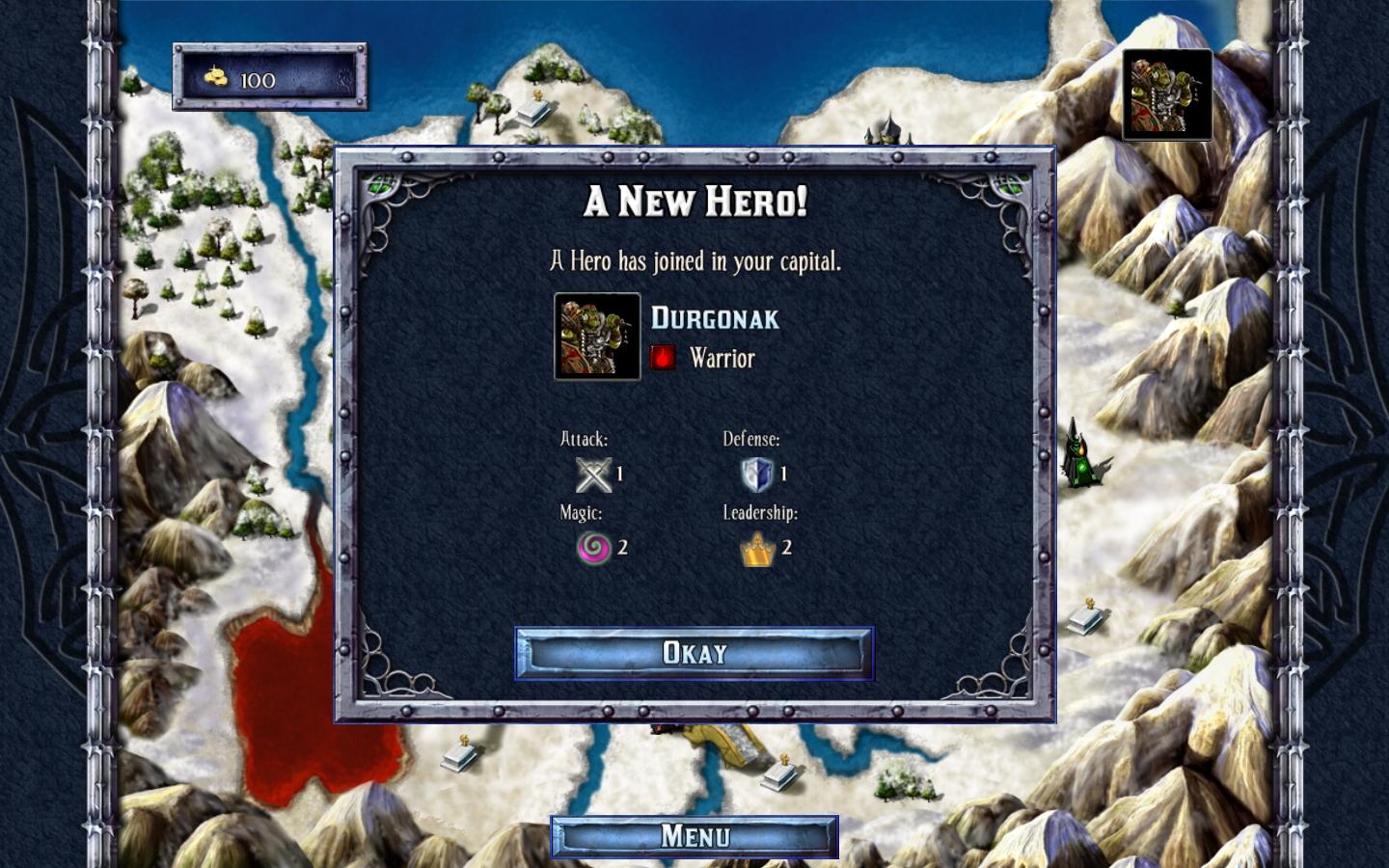GamesRadar+ Verdict
Pros
- +
Customizing your warlord's kingdom
- +
Troop selection and placement adds strategy
- +
Clear-the-board puzzles are addicting
Cons
- -
No save and continue option
- -
Some unpolished
- -
ugly graphics
- -
Casual players may feel overwhelmed
Why you can trust GamesRadar+
Perhaps more than any other genre, puzzle games can be made or broken by seemingly superficial details in presentation. Little things, like the satisfying shatter of gems in Puzzle Fighter or the painful-sounding zap of matching skulls in Puzzle Quest, can really take a puzzle game from pretty good to fiendishly addicting. Recently, Peggle (OMGplay it NOWif you haven't)is an extreme example of this; what makes Peggle fun is literally everything except the actual gameplay, like the groovy music, the ascending notes of chaining each new peg and the exuberance ofExtreme Fever. But if you reduce Peggle to its bare basics – shooting a ball at a dot and then passively watching to see if it touches any other dots on the way down – it would be totally boring. Puzzle Kingdoms is the exact opposite: solid mechanics that are brought down by a complete lack of style or flair.
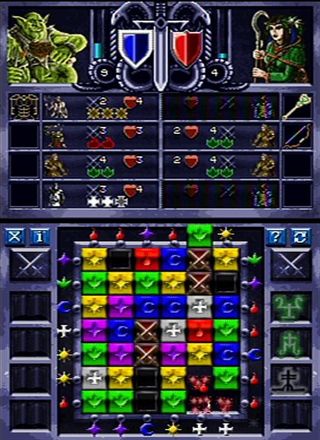
Puzzle Kingdoms’ board of tiles may look somewhat similar to Puzzle Quest, but the puzzle mechanics are totally different. Instead of swapping tiles, you move by shifting and entire row or column over one space to match three or more tiles. Along the edges of the board, color icons indicate which color tile will fill in when you shift the row/column, so you can strategically push colors you need onto the board and push off colors advantageous to your enemy. You don’t have to match tiles in straight lines either – any tiles that share at least one side count as a match.
Puzzle battles make up the majority of the gameplay, where you take turns shifting tiles with an AI enemy. Matching sword tiles deals direct damage to your opponent, while matching other tiles powers up your spells and troops. Spells work as you’d expect – once your mana gauge for a spell is filled, you can use your turn to unleash it, and each hero can be equipped with a range of spells, with effects from direct damage to healing to board manipulation (destroys all purple tiles, etc).
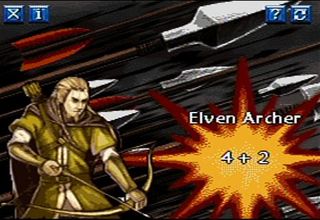
Troops are the most noteworthy improvement to battles, and add quite a bit of welcome strategy. Not only do you get to pick your allies from an ever-increasing roster of cool troops (anything from cheap-to-hire meatshield peasants to a powerful and costly Pegasus), but how you arrange them on the front lines makes a big difference in battle. You can bring up to four troops into battle at once, and those stacked closest to the top (i.e. on the frontline) will get hit with melee attacks first, so you can shield your more valuable units from damage (each unit has its own individual HP gauge, and you only lose when all troops are KOed). Units can be melee or ranged though, so if you have archers you can chip away at your enemy’s fighters in the rear. It may sound a bit complicated, but aside from unit placement playing a key role, troops work the same way that spells do, except that they can only do damage.
Like we saw way back in ourfirst lookat Puzzle Kingdoms, the RPG factor has definitely been taken up a notch. If Puzzle Quest was a puzzle game with some RPG elements, Puzzle Kingdoms is more of an RPG with puzzle battles. Losing or performing poorly in battle has real consequences, because when troops are KOed in battle you’ll have to spend hard-earned gold to hire replacements. For serious puzzle people, this adds a welcome sense of importance to each move you make, but for more casual players the added difficulty (coupled with the added complexity of juggling both troops and spells, with more resource management to deal with) may be too intimidating.

Besides puzzle battles, there are two other puzzle variations you can play to unlock new troops, heroes, items and spells. The first is a clear-the-board style puzzle, where you have a set number of moves to clear all the tiles. The other is a race-against-the-clock affair, where you have to match a quota of each color before time runs out. Of the two, the board clearing puzzles are easily the most fun, and since there are multiple ways to solve each puzzle, they’re nowhere near as frustrating as the mount capturing puzzles from Puzzle Quest.
Somewhat oddly, Kingdoms takes place in the same world as the original Puzzle Quest (the land of Etheria) although you won’t recognize it at all because the art style is totally different. Again, the presentation isn’t doing this game any favors, and many of the sprites (especially the smaller ones, like your warlord’s sprite on the overworld map) are almost charmingly hideous, like a kid’s ugly but well-intentioned drawing of his mom. Seeing familiar characters (like Lord Bane and Drong) from the original Puzzle Quest totally re-imagined by different artists can be kind of jarring as well, but that only matters to the 1% of us who actually paid attention to PQ’s story.
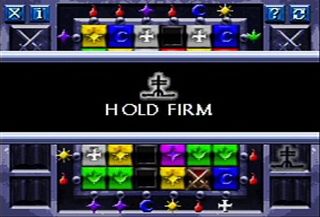
Despite its unattractive exterior, Puzzle Kingdoms shines where it counts – fun, addicting puzzles with tons of meaningful customization options, and no BS filler (like, ahem, PQ Galactrix’s tedious leap gate hacking). It just doesn’t possess that certain something it needs to vault it into superstar puzzle status – which is a shame, because with a little more love and artistry, it would have been right up there with its predecessor.
Jul 8, 2009
More info
| Genre | Puzzle |
| Description | Despite its unattractive exterior, Puzzle Kingdoms shines where it counts – fun, addicting puzzles with tons of meaningful customization options. |
| Platform | "Wii","PC","DS" |
| US censor rating | "Everyone 10+","Everyone 10+","Everyone 10+" |
| UK censor rating | "3+","3+","3+" |
| Release date | 1 January 1970 (US), 1 January 1970 (UK) |
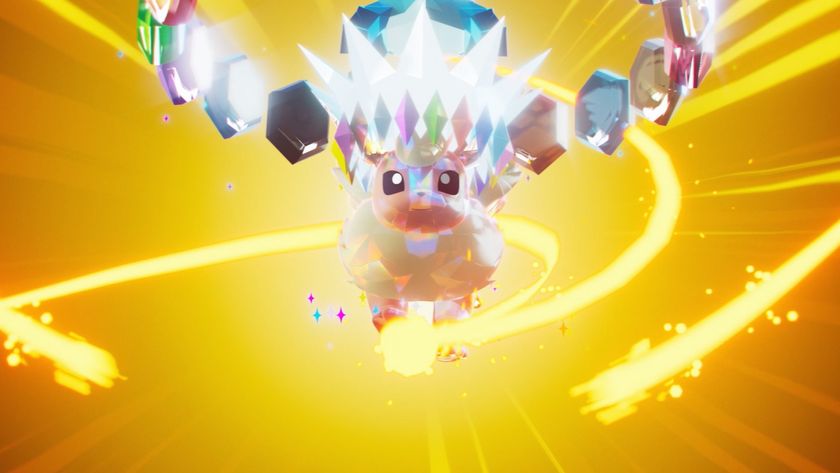
Sneaky restock notes suggest Pokemon Prismatic Evolutions is likely to return to stores in May
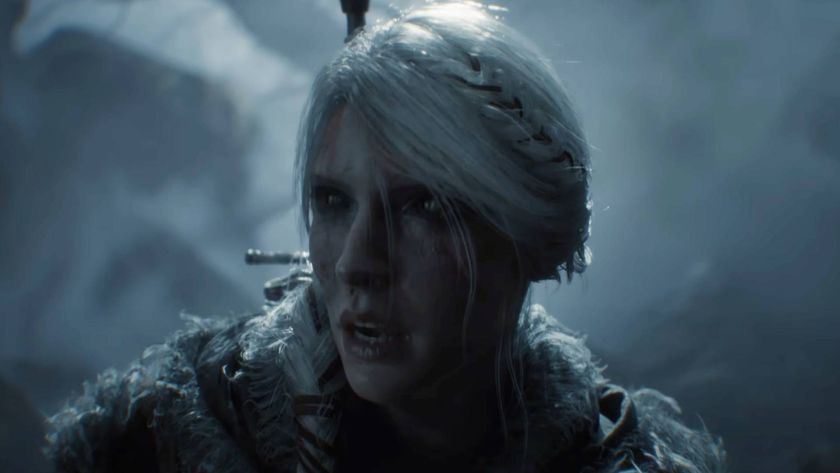
The Witcher 4 has "a huge team" focused on the believability of the RPG's world, because even things like trees and foliage always need to belong

Marvel fans are desperate for Doctor Doom to face off against Thanos in Avengers: Doomsday
